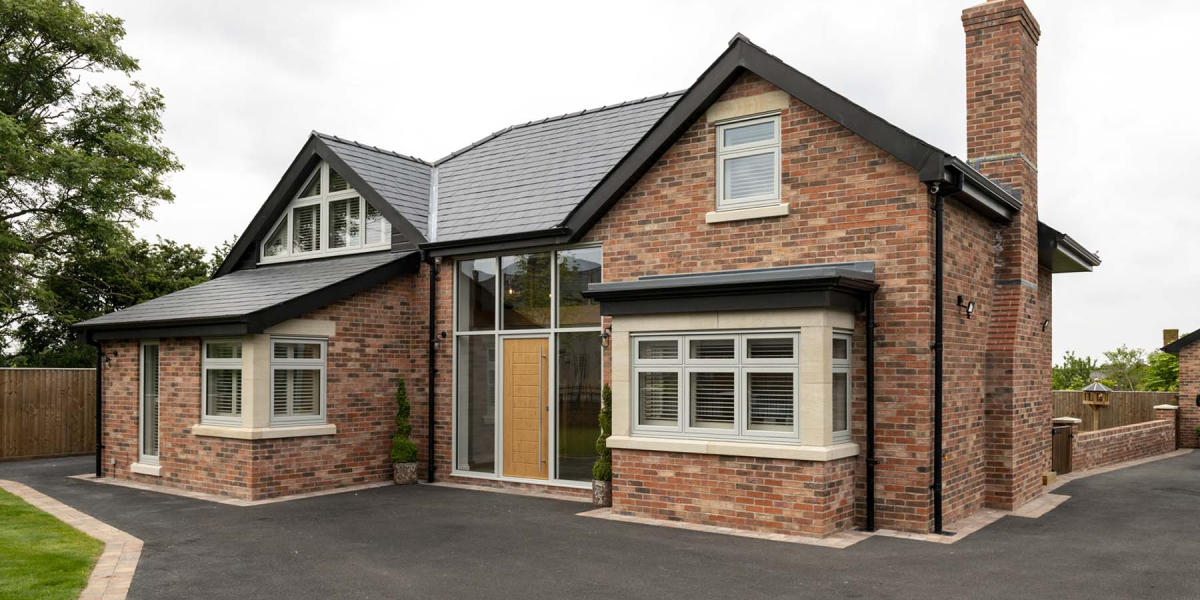As urbanization continues to accelerate, the concept of smart cities has emerged as a beacon of hope for sustainable living. But what exactly are smart cities, and how does the Internet of Things (IoT) play a pivotal role in their development? This article delves into the intricate relationship between IoT and smart cities, highlighting their significance in modern urban planning.
Understanding Smart Cities
Smart cities utilize technology to enhance the quality of life for their residents. By integrating various digital technologies, these cities aim to improve efficiency, reduce environmental impact, and foster economic growth. The backbone of this transformation is the IoT, which connects devices and systems, enabling real-time data collection and analysis.
The Impact of IoT on Urban Infrastructure
IoT devices are revolutionizing urban infrastructure in several ways:
- Traffic Management: Smart traffic lights and sensors can optimize traffic flow, reducing congestion and emissions.
- Energy Efficiency: Smart grids and meters allow for better energy management, leading to lower costs and reduced waste.
- Public Safety: Surveillance cameras and emergency response systems can be enhanced through IoT, improving safety for all citizens.
Enhancing Citizen Engagement
In smart cities, citizen engagement is crucial. IoT facilitates communication between residents and city officials, allowing for a more participatory approach to governance. For instance, mobile applications can enable residents to report issues like potholes or broken streetlights, ensuring that problems are addressed promptly. How can cities leverage this technology to foster a sense of community? By encouraging feedback and participation, cities can create a more inclusive environment.
Challenges and Considerations
While the benefits of IoT in smart cities are evident, there are challenges that must be addressed:
- Data Privacy: With the increase in data collection, ensuring the privacy and security of citizens' information is paramount.
- Infrastructure Costs: Implementing IoT solutions can be expensive, requiring significant investment from both public and private sectors.
- Interoperability: Different systems and devices must work together seamlessly to maximize efficiency.
The Future of Smart Cities
As we look to the future, the potential for smart cities is immense. With advancements in technology, cities can become more adaptive and responsive to the needs of their residents. The integration of IoT will continue to drive innovation, leading to improved urban living conditions. What does this mean for the future? It suggests a shift towards more sustainable, efficient, and livable urban environments.
In conclusion, the role of IoT in shaping the future of smart cities cannot be overstated. By harnessing the power of technology, cities can enhance the quality of life for their residents while addressing pressing urban challenges. For those interested in exploring innovative solutions, consider checking out that reflect the spirit of innovation in urban development.








